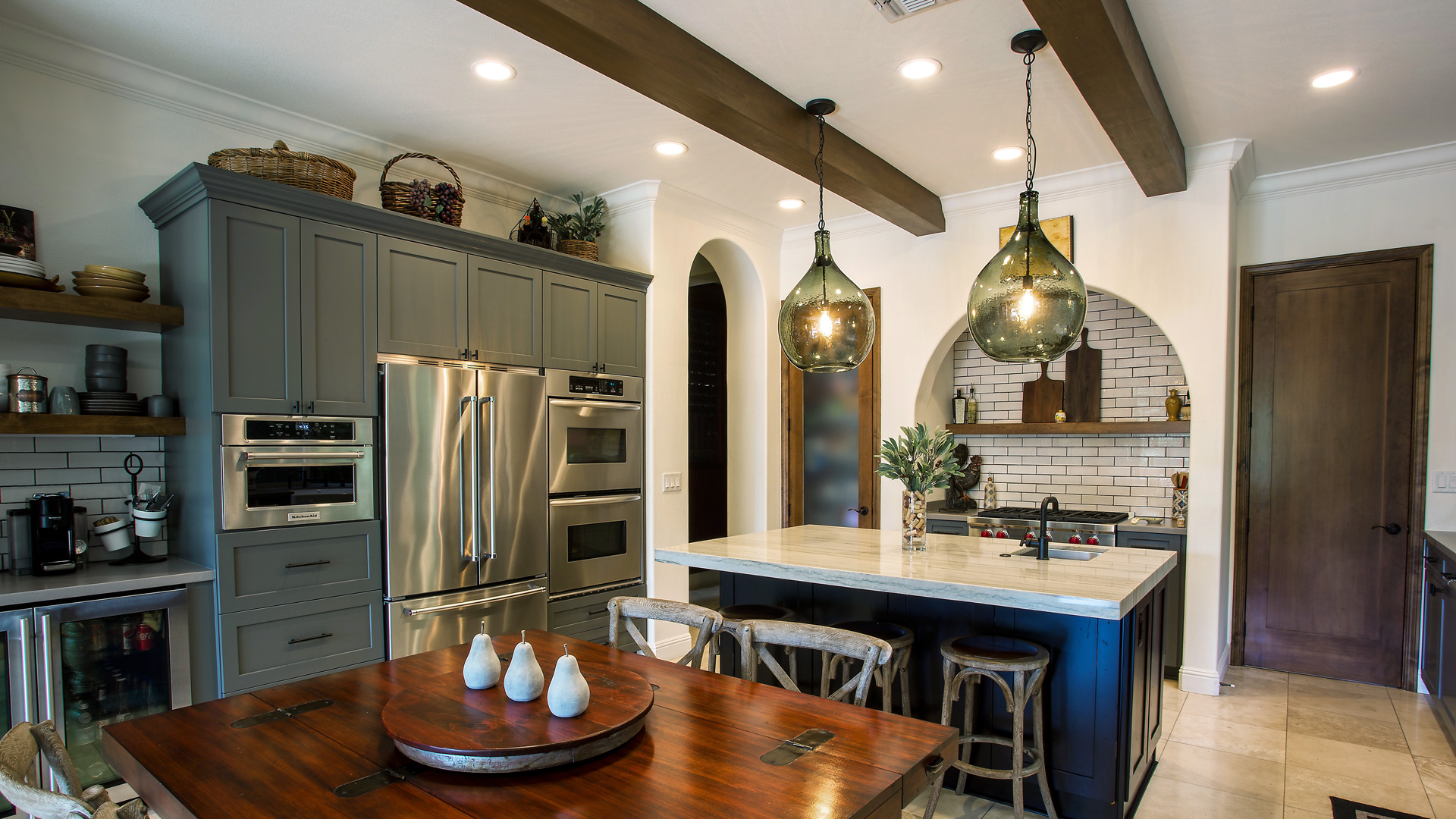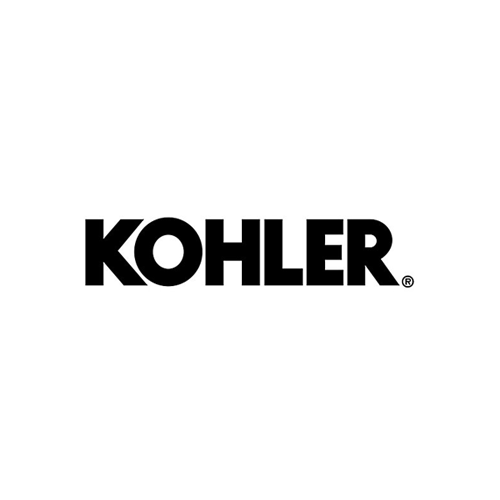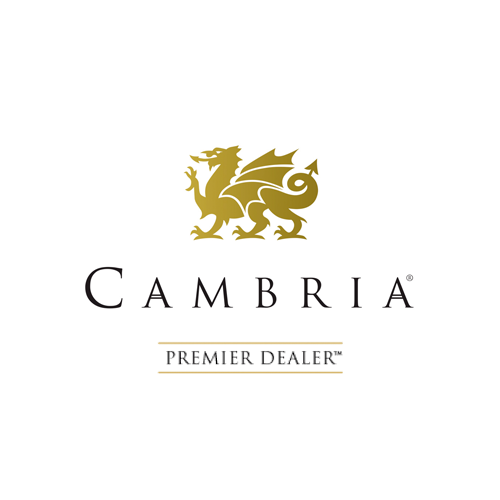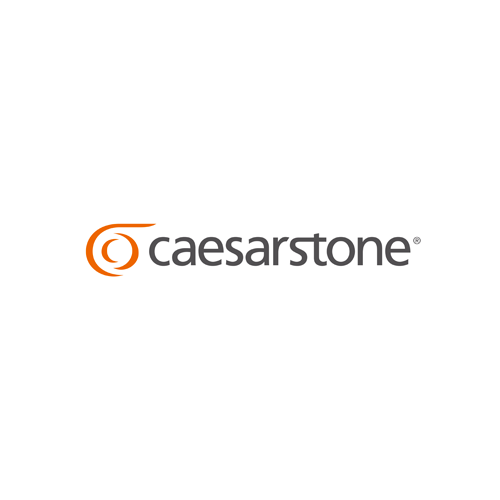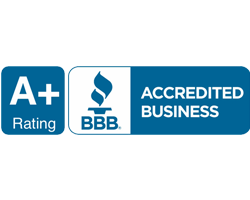Natural Stone Maintenance
Origin of Natural Stone
Originally, your natural stone countertops comes from a mountainside cut into huge 50,000-pound blocks of stone. The blocks are then sliced into slabs, which are refined to give its natural colors a mirror like depth. The luster, hardness, colors and variations are all indications of the stone’s mineral composition and origin. This unique blend of characteristics is what makes your natural stone one-of-a-kind, and a beautiful practical surface for your home.
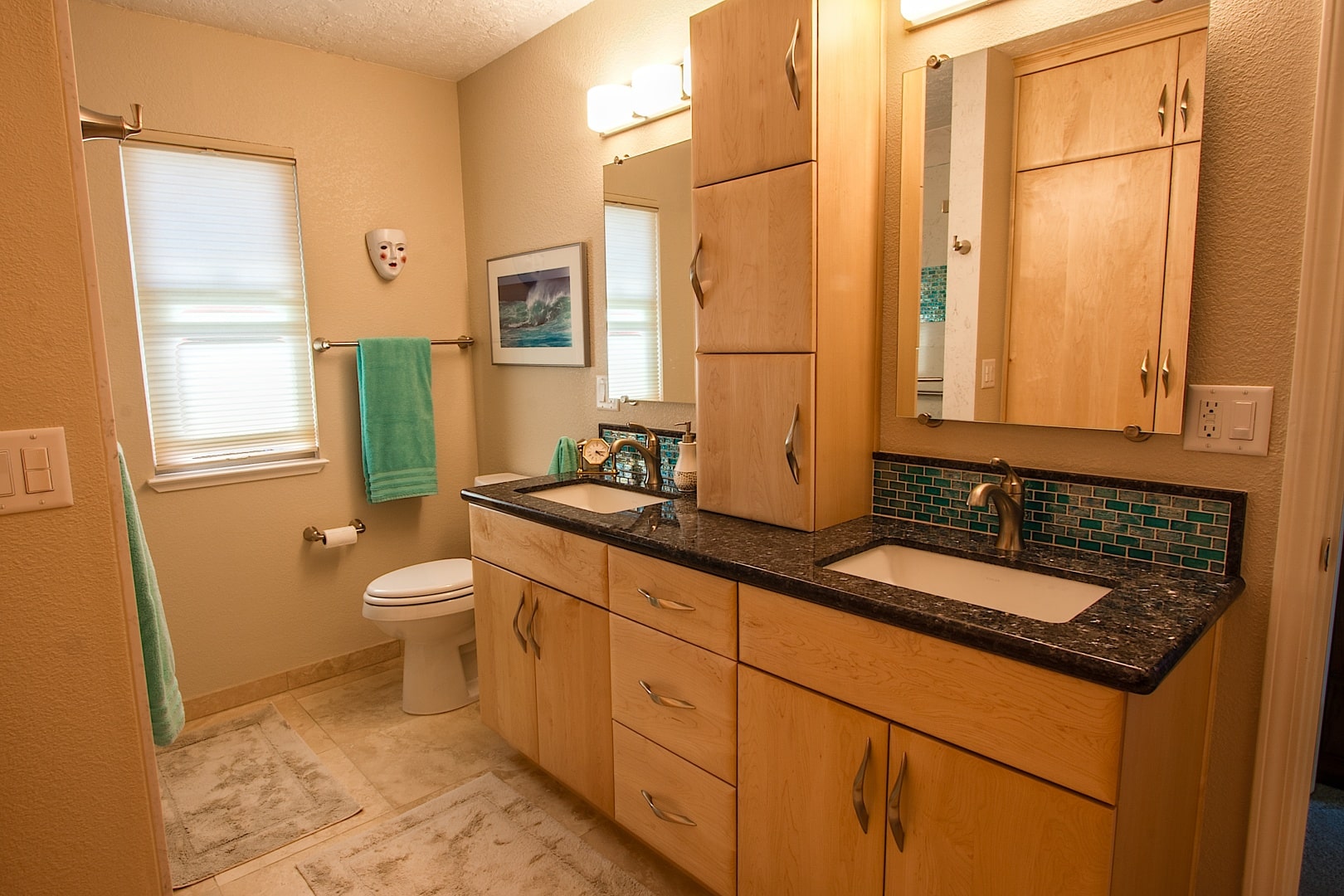 Stone is Absorbent
Stone is Absorbent
Although we usually think of stone as “hard,” it is actually a porous material. Natural stone has varying degrees on porosity depending of the type of stone. If left unsealed, spills and everyday messes can easily penetrate the surface and stain the countertop. The liquid eventually evaporates but the stain will be visible. Highly acidic substances, such as orange juice, coffee, and wine, will also etch acid sensitive stones including most granite, slate, and sandstone.
Stone Needs Specialty Cleaners
Like any other surface in your home, it is important to clean your natural stone to help maintain its natural beauty. However, natural stone requires cleaning products specifically designed for the stone’s unique mineral composition. Most general-purpose cleaners, as well as any products containing lemon, vinegar, or other acids, and abrasive powders will etch or damage the stone and/or degrade the sealer, and therefore removing protective properties and the stone will be more easily susceptible to stains. Because of this, Kitchen Mart recommends the use of products such as Revitalizer and Klenzall for cleaning your countertop.
Proper Cleaning
Maintenance cleaning with pH-balanced, neutral cleaner, such as a mixture of mild soap and water, will help remove spills or stains that normal dusting or damp mopping leave behind. It also helps to keep your stone free of dust and dry, sandy soil to minimize wear patterns from everyday use on some softer stones. Specially designed cleaners, such as Klenzall or Revitalizer, for stone will never break down the protective sealer. In fact, some cleaners contain protective properties, which reinforce the sealer to prolong stain resistance. For heavier cleaning jobs, using cleaners formulated for stone will effectively remove tough grime and messes yet be gentle on the surface. For optimum protection, we recommend you seal your surface every year with a Heavy Duty Stone Sealer. Quality sealers like 511 Impregnator and Porous Plus are recommended.
How to Seal Your Countertop
Clean your countertop prior to sealing it. After cleaning, start at one end of your countertop and seal in sections of roughly three feet at a time. After pouring on the sealer. The sealer should penetrate the countertop, but may puddle in areas that are less porous. Make sure to wipe off anything that puddles—this is called ‘buffing.’ Let the sealer set for 30 minutes, and then wipe off any excess.
Do’s And Dont’s of Natural Stone
DO clean surfaces with a mild detergent or soap. DO thoroughly rinse and dry the surface after washing. DO blot up spills immediately. DON’T rub spills with a cloth or paper towel, as this will spread them. DON’T use vinegar, lemon juice, or other cleaners containing acids. DON’T use abrasive cleaners such as dry cleansers or soft cleansers. DON’T mix bleach and ammonia; this combination creates a toxic and lethal gas.
Additional Products and Information
For additional products and information for the care of your natural stone, please call Kitchen Mart at 916.362.7080, or visit the Natural Stone Institute.

